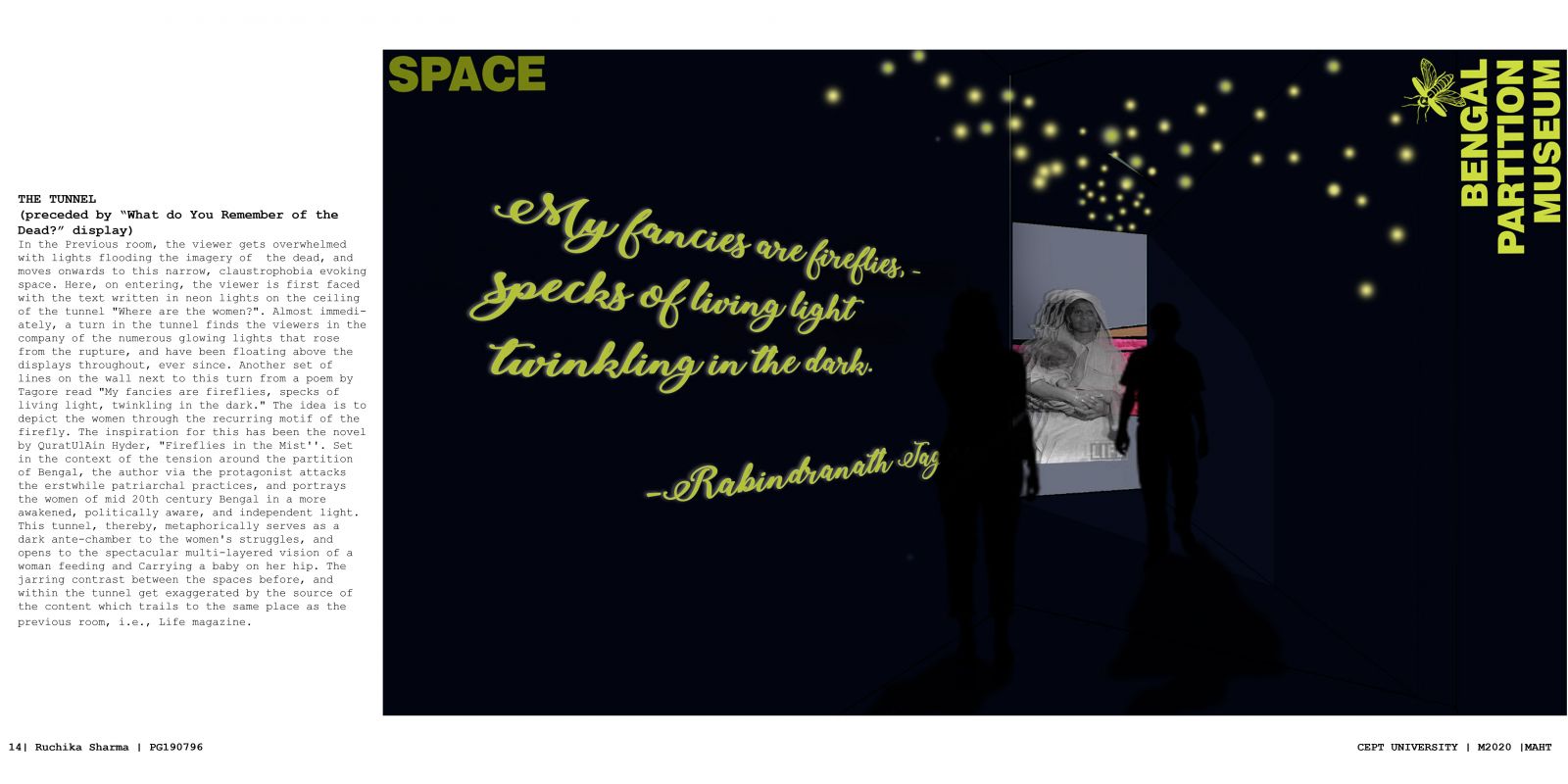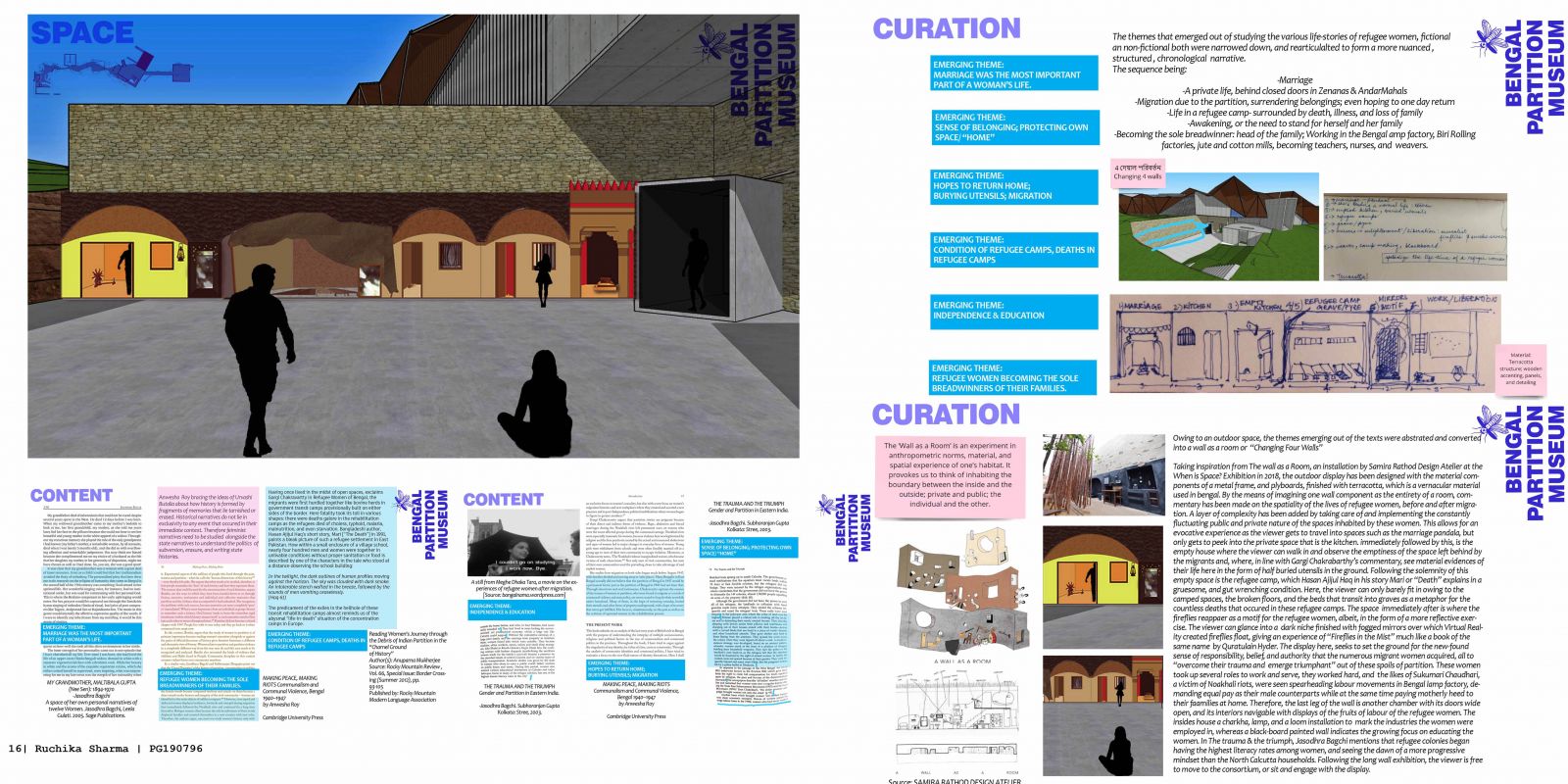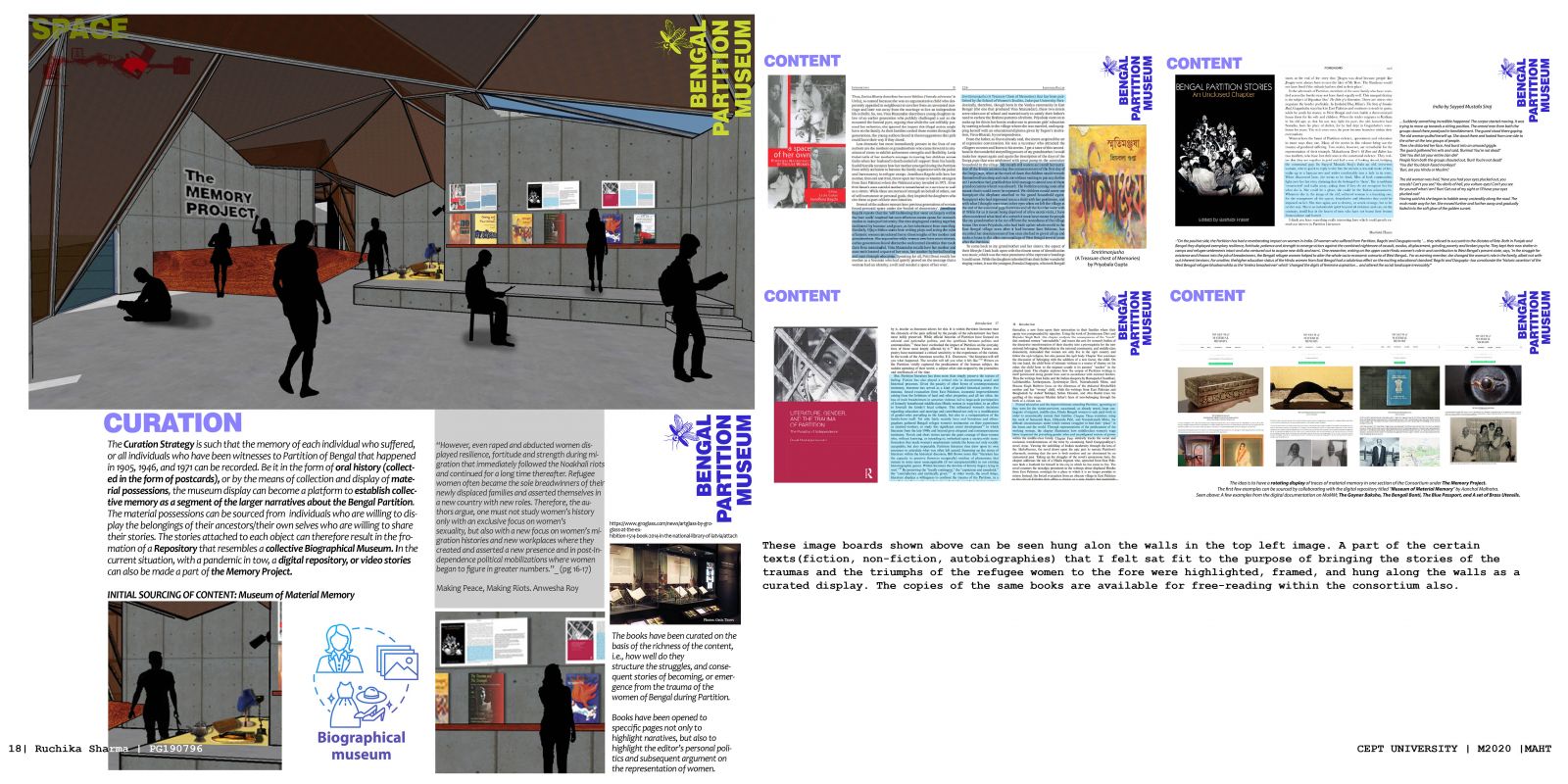Problematizing the Archive: The Case of Calcutta
- Student RUCHIKA SHARMA
- Code PG190796
- Faculty Architecture
- Tutor/s Sonal Mithal
- TA Ashwatha Chandran
This online studio was tackled by conducting a thorough online research and critical analysis of archival material available about the city of Calcutta. The first module that entailed an understanding of formal cartography and subsequent palimpsestic mapping aimed at finding gaps in the existing literature, documents, maps, and visual archival material regarding various subjects, in my case, the sale and consumption of alcohol in Calcutta. Via two maps, I have sought to argue how the spread of alcoholism wasn't a linear process, and cannot be solely attributed to imitation amongst the Indians. The maps have further been used to consolidate the argument in the form of an essay. The argument, therefore situated itself in the discourse of Identity history. The second module was a more visually active exercise, in which the principle of simulacra and hyperrealism were used to recreate an imagined streetscape in a kitschy Indo-Chinese settlement. This was done by manifesting the profound reality by hyperrealism, while at the same time not shying away from making Architectural commentary on the same. The final module was content curation for Bengal partition museum. This saw the abstract representation of an argument formulated following 4 months worth of rummaging through archives. The site was a museum designed by Pavithra Kalyani. The installations designed follow a Feminist Historiographical discourse, and have been used to uplift the voices of the triumphant women in partition, and to do away with the general practice of creating a victim narrative in their names. The final leg of the museum is a Consortium that seeks to feature oral, literal, and material histories from those that remember the partition.
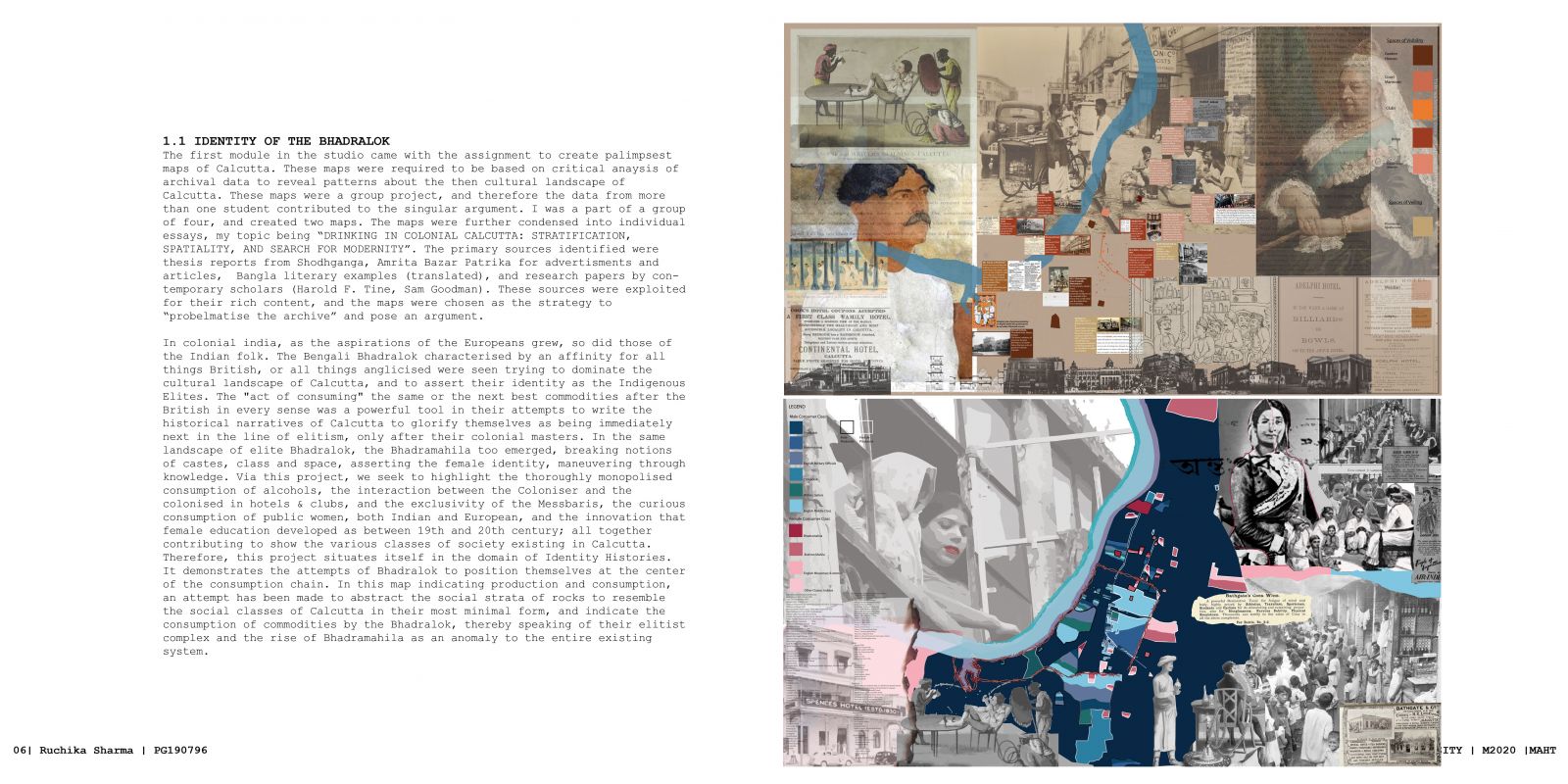
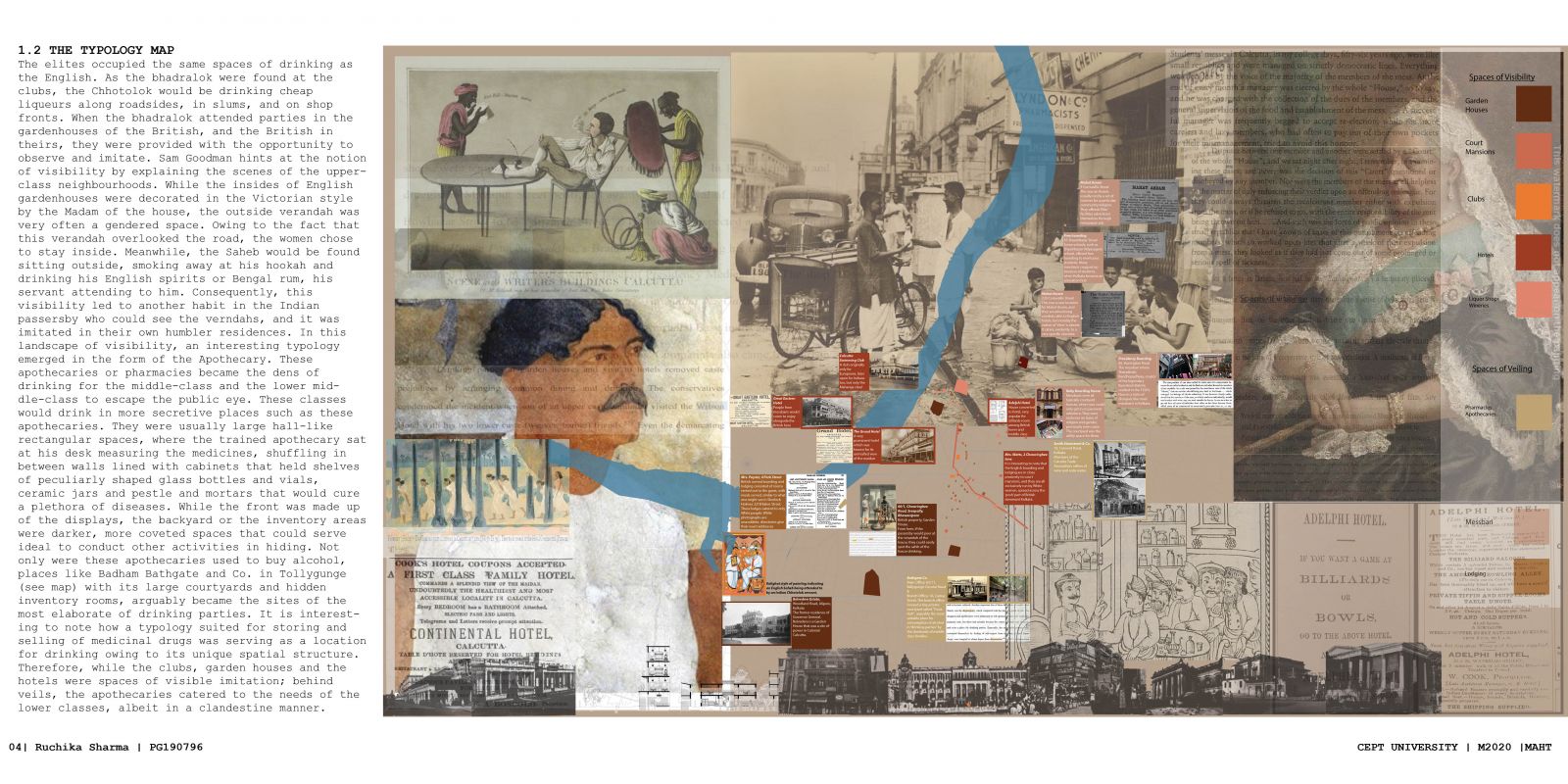
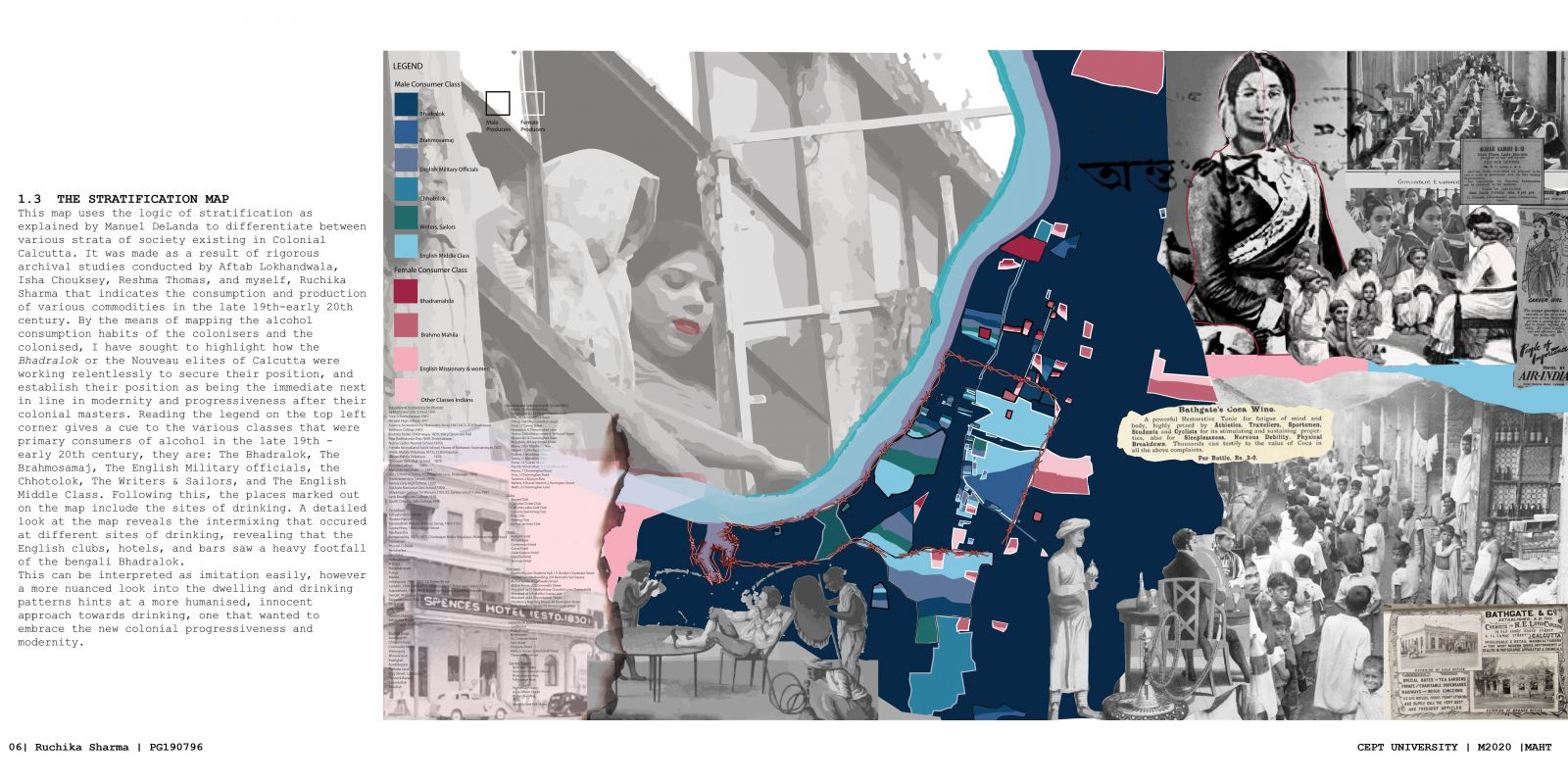
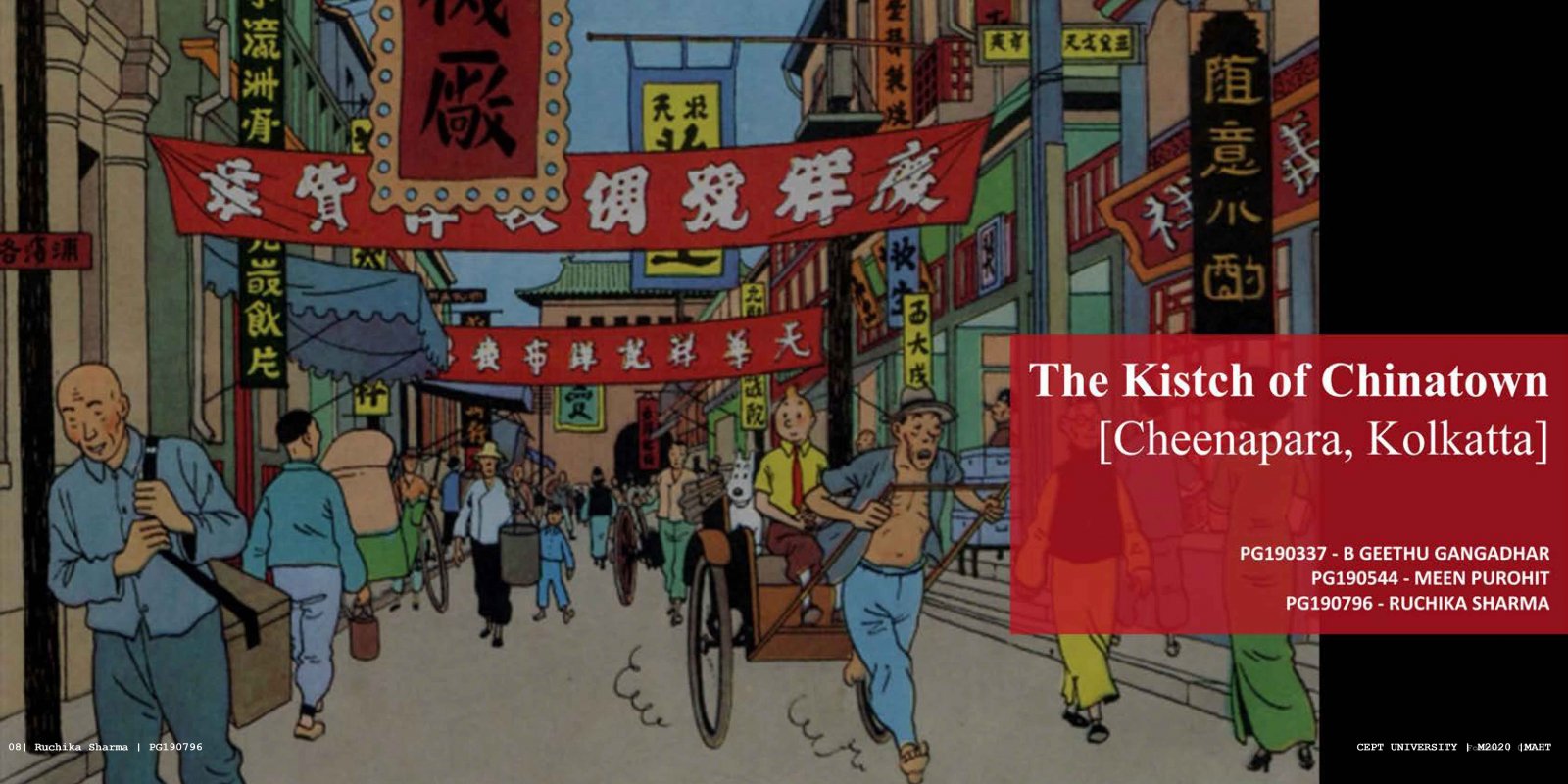
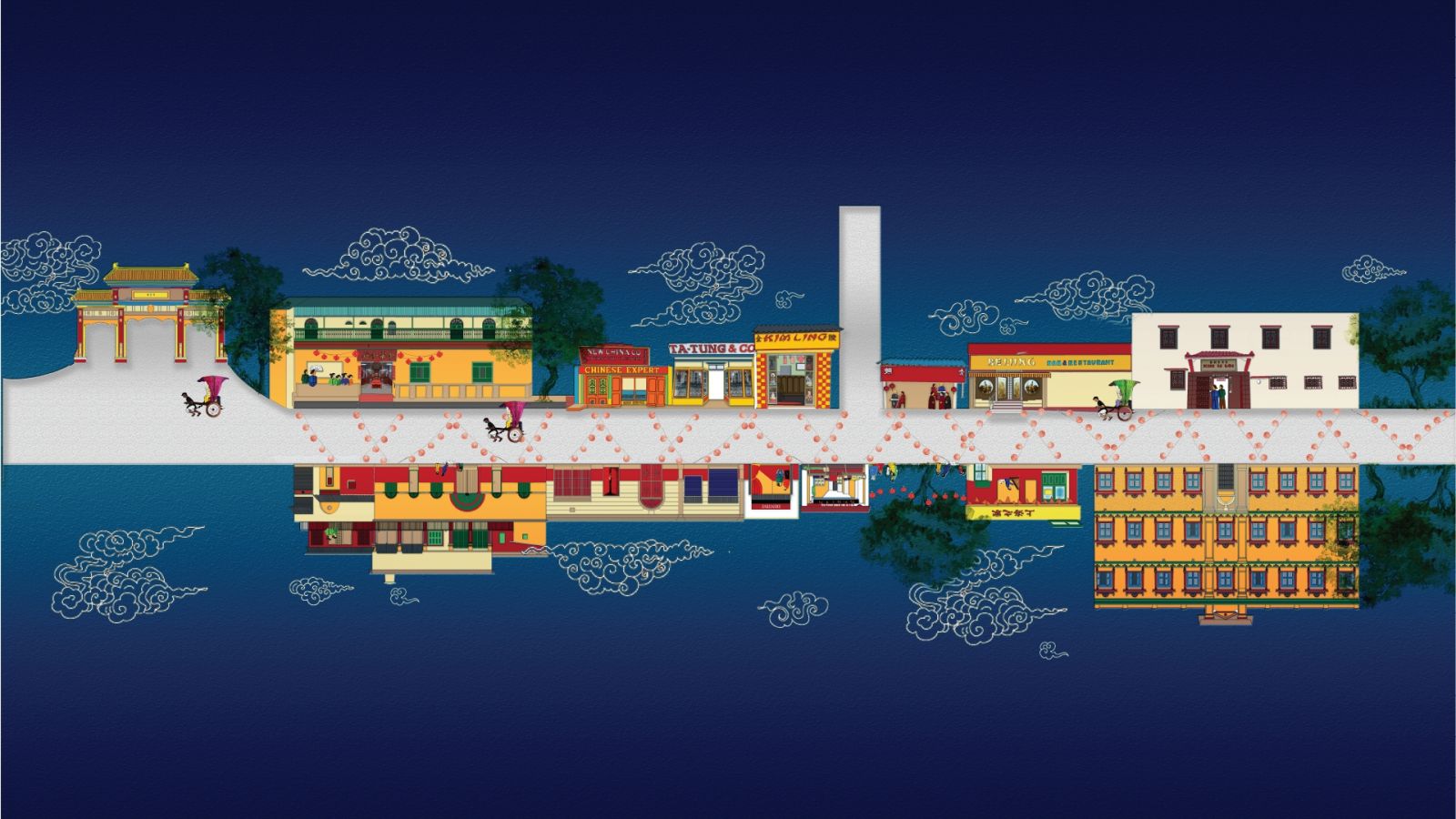
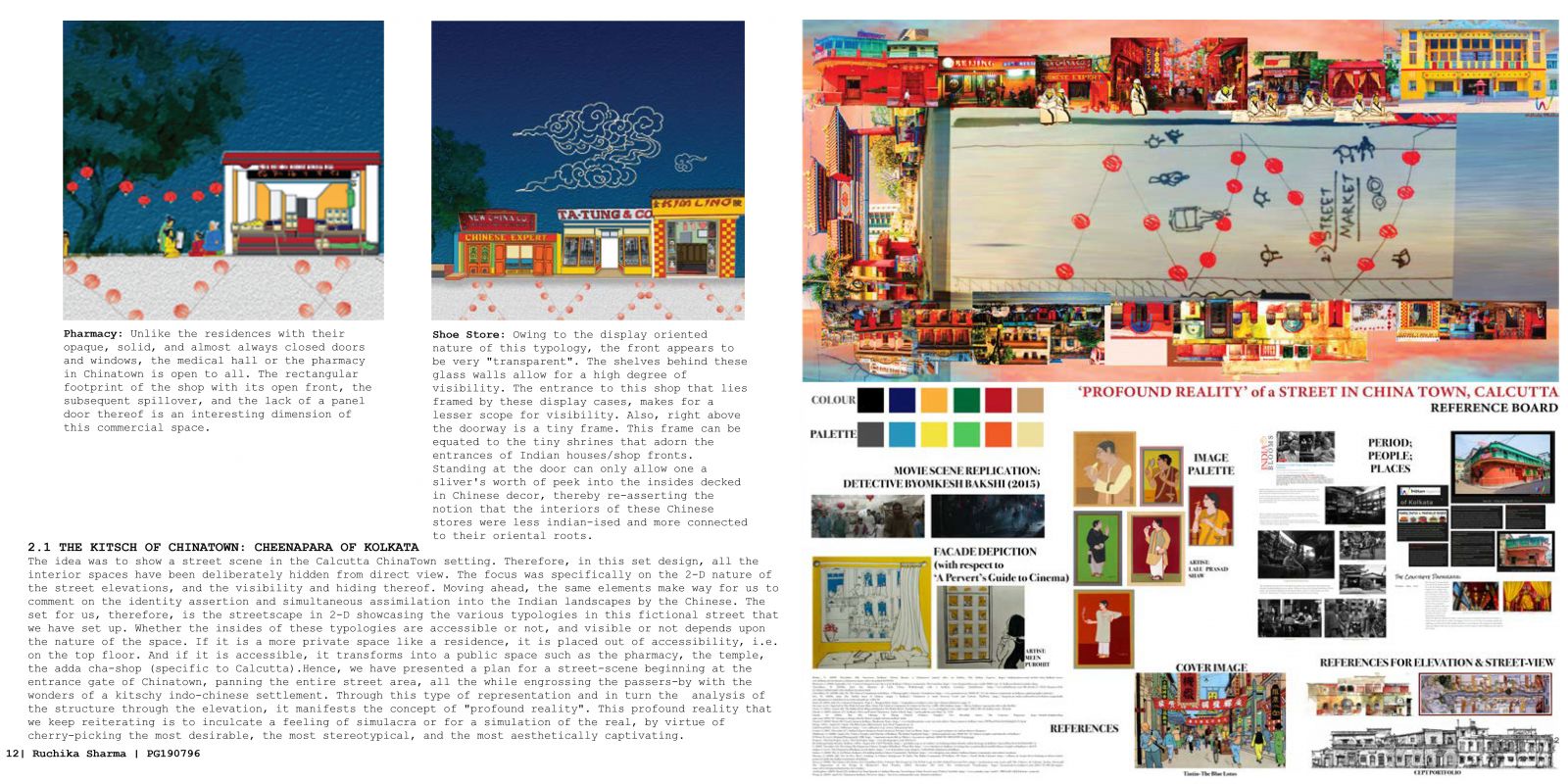
.jpg)
